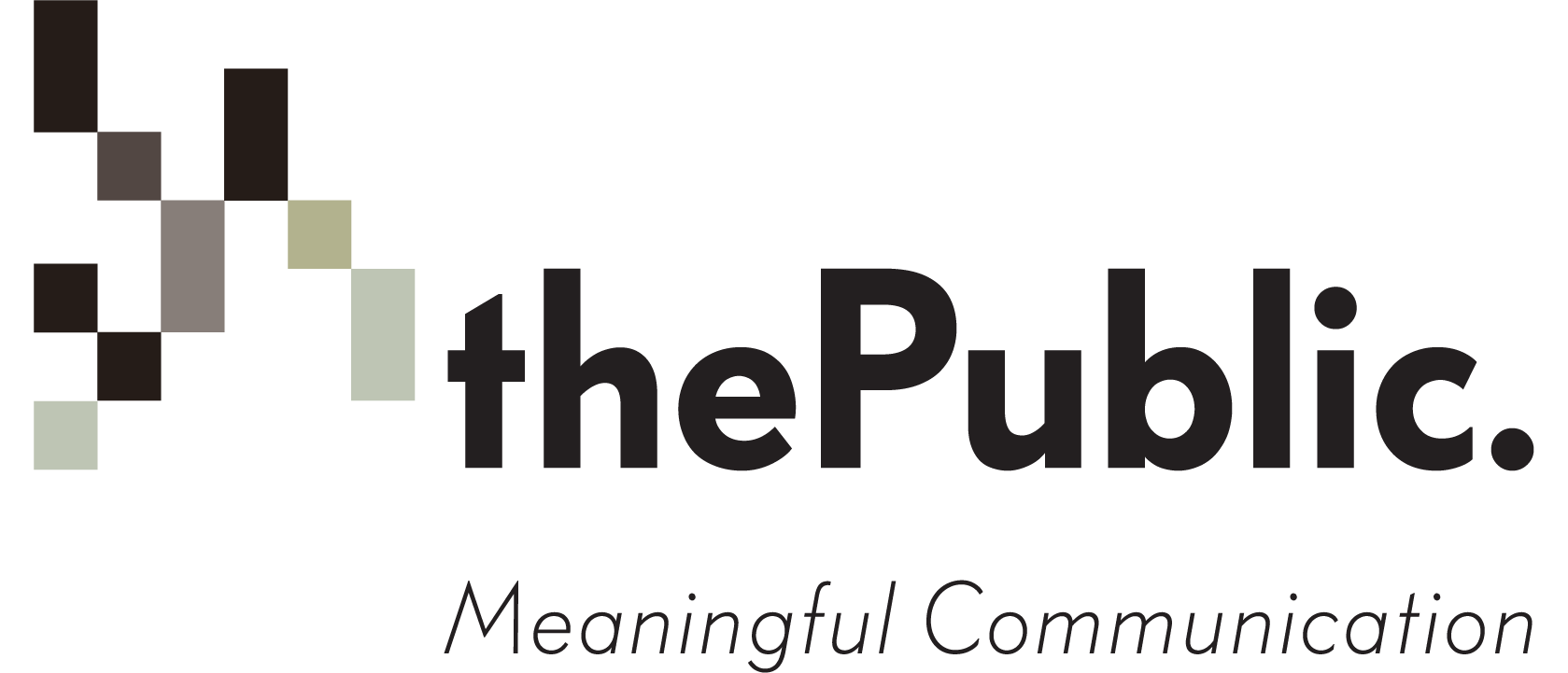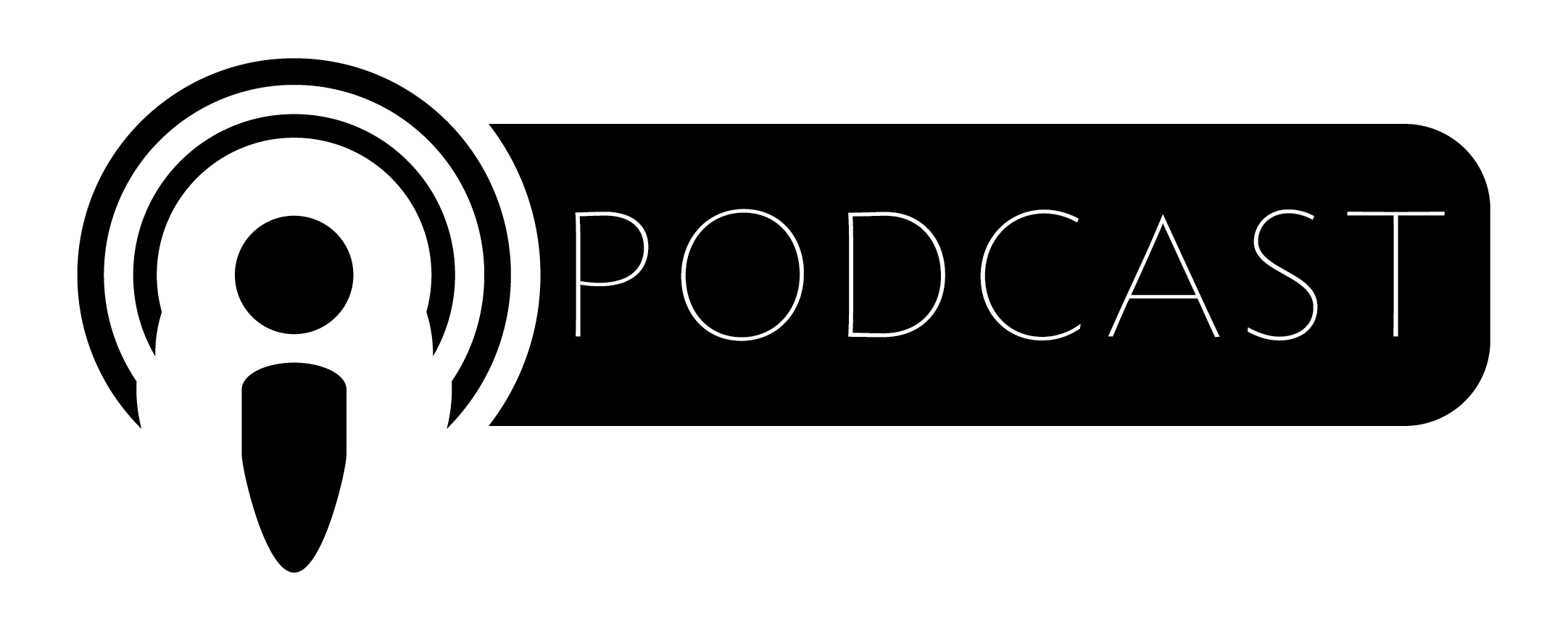
Film, and by extension commercials, can be a powerful force to push social change for the better. This is a wonderful thing. As a filmmaker myself, it should be a point of pride. So why is that when I hear noble work like this described with proclamations such as “a beautiful social message that everyone should watch” it makes me wince?
That is a rhetorical question. I already know the answer.
You see, I have always struggled with ‘message’ films. To be honest, it’s not an overstatement to say that for a long time I hated them. The irony is, that the quote in the opening paragraph is referring to one of my very own films.
Last year I directed ‘Worlds Apart’, a commercial for Heineken that, with over 35 million views, is by far my most watched piece of work. Press around the world applauded what Time Magazine called its “bridge-building message”. It gets worse. Before that I made ‘Free the Kids’ for Persil, described as delivering a “sobering message” and more recently I directed an “important message for school children and parents alike” in this commercial for the Netflix series ‘13 Reasons Why’.
There’s no doubt that all three of those can be categorised as ‘message’ films, so what gives? Do I hate my own work? Well.. in fact, I’m very proud of those three pieces. But must confess that they came about as a result of me reassessing my own feelings of what a ‘message’ film can be. The more I thought about it, I realised that the work of some of my favourite directors could be categorised as ‘message’ films, but because the filmmakers had been subtle with how they delivered said messaging, it had never occurred to me before. Take Scorsese for example, where some may see a man who makes profane, violent gangster pics, I see much of his work as that of a very moral director, but that moral messaging is not shoved down the audience’s throat. Instead his films have the confidence to lay out their case and let the audience make the connections themselves. In doing so, when the viewer does arrive at a distinct moral point of view at the end of one of his films, they rightly feel it is their own point of view. They have not been told what to think and so the messaging is all the more powerful for it.
Then there is the flipside, the kind of message movie, or commercial for that matter, that I still have a problem with. I’m not going to name names, but I’m sure you can think of a few examples that fit the description that follows. The film wears its message like a badge of honour on a smug head-boy, with the self-belief that just because it is saying a ‘good’ thing that somehow puts it on a pedestal.
It’s the kind of finger-wagging work where you get the distinct feeling that the filmmakers assume they know best, that they can avoid getting their hands dirty sharing with the viewer the messy complexities and grey areas that are part of every issue, and are instead in the lofty to position to simply tell the audience what to think. It is this arrogance that is at the core of what has rankled me in the past and led to my initial disdain for the genre.
What would you rather watch? Those holier-than-thou films that tell an audience what to think and feel, be that via voice-over that instructs you what the correct opinion is (aka ‘The voice of God’) and/or music that gives you your cue when to feel sad/uplifted/indignant, or the films that may have a very definite ‘message’ but have the confidence to invite the audience to think and feel for themselves? That have an inquisitiveness to explore the world and reflect it back to the audience, be that both the good and the bad, all in the broader service of communicating a strong set of values.
I’d like to think that my work falls into that latter category. Taking my cues from filmmakers I admire, I try for a deliberate avoidance of finger wagging ‘goodness’ in my work. In fact, it often contains statements, characters and scenarios many can and do consider immoral and irresponsible to air, let alone put in a commercial. This is not done to shock, it is simply a by-product of an intention to make films that honestly reflect the world we live in. To tell complex truths, that don’t sugar coat or dilute things for easier consumption. I have been told on occasions, by execs and clients alike, that such a position is unwise because the audience is stupid. I disagree. We are the audience.
My approach is, however, not without its pitfalls. You are leaving yourself exposed to criticism by those who believe things should be sanitized for public consumption. The Heineken commercial I made was heavily criticised in some quarters, with claims it gave a dangerous platform to climate change denial, sexism and anti-transgender rhetoric. It didn’t, but it did acknowledge the truth that, like it or not, such views exist. I never want to tell the audience how to think, to assume I’m in any position to lecture on what is good or bad, and I believed the commercial I was making for Heineken should be no exception. Fortunately, I had a client and agency brave enough to go with me on this. Their trust paid off, with ‘Worlds Apart’ becoming one of the most shared, viewed and written about commercials of 2017, with the overwhelming take-out for audiences and critics alike being that of a highly positive message of inclusivity. I believe this was all the more powerful because we let the audience arrive at this conclusion all on their own.
Here’s to giving the audience the unvarnished facts and assuming they are intelligent enough to join the dots. You may be surprised by the conclusion the public can come to all by themselves.





